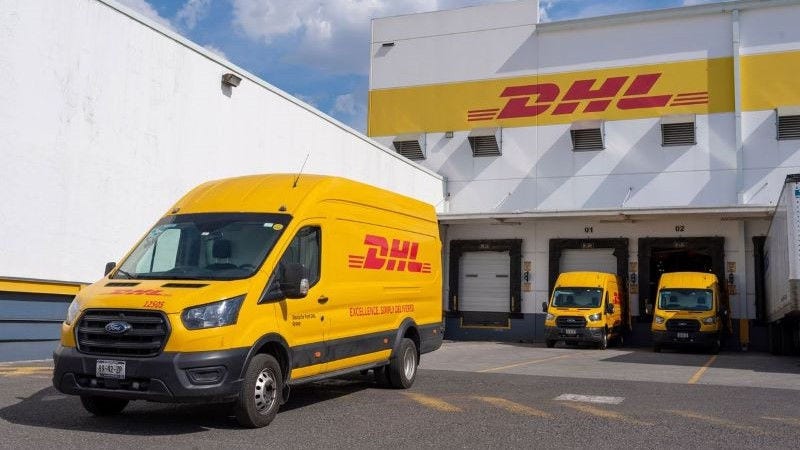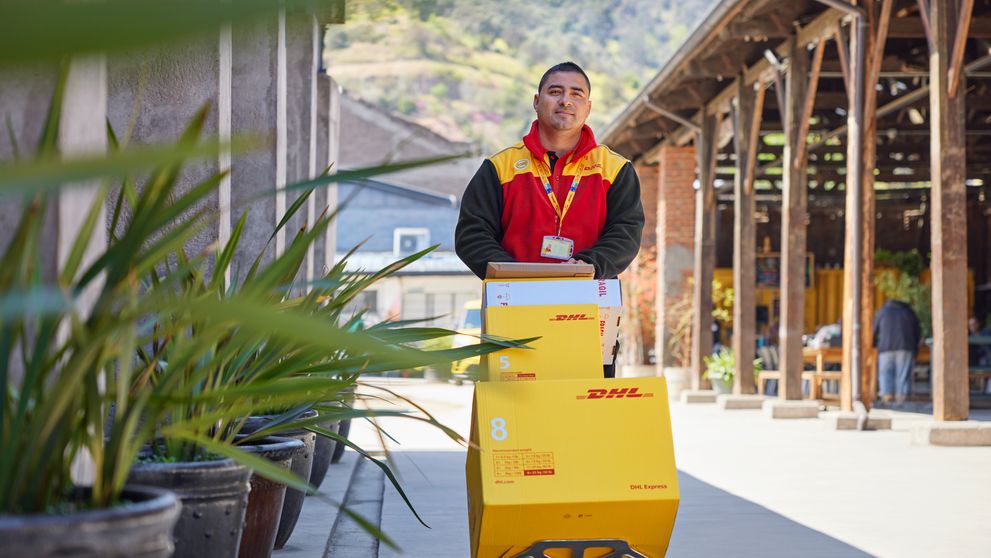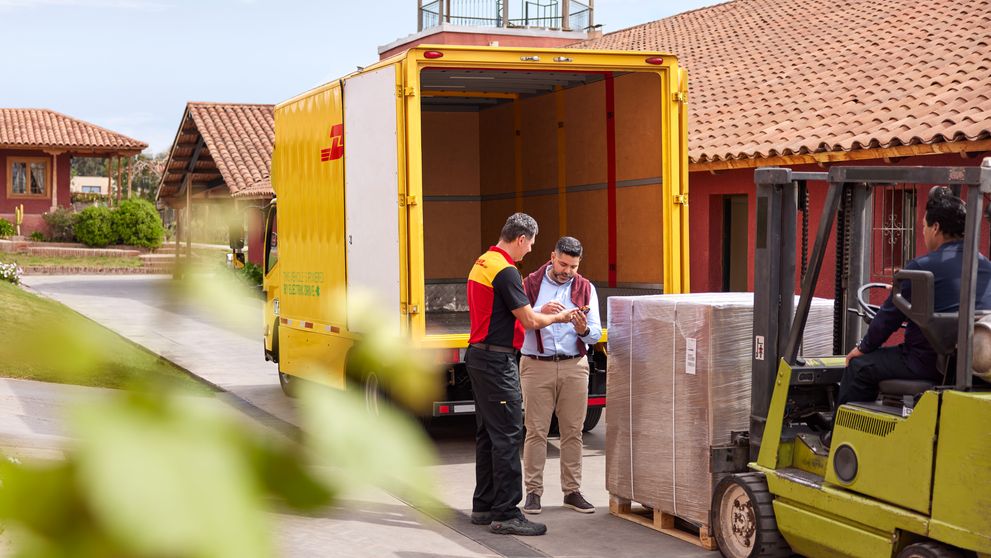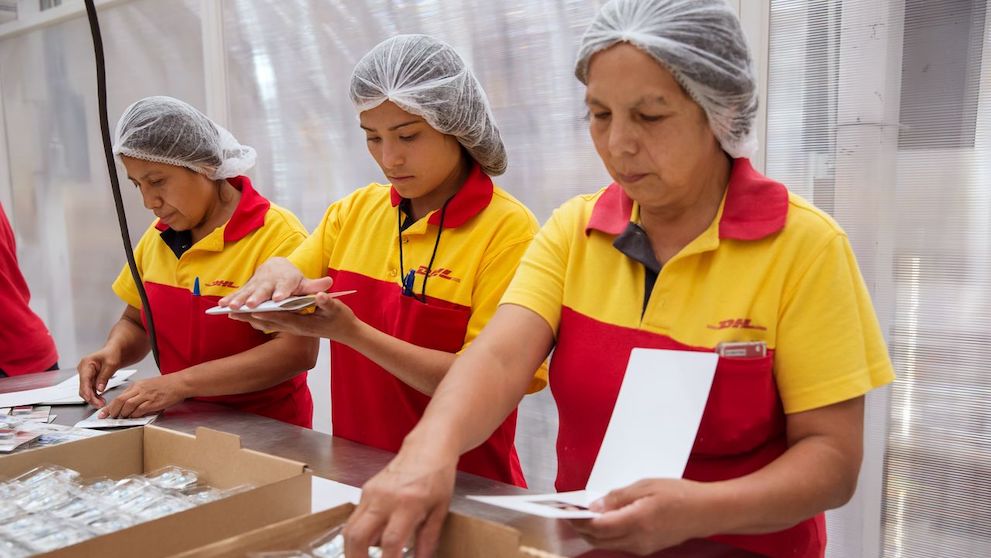Cotton, often referred to as "white gold," holds a position of immense significance in the global textile industry, serving as the foundation for a vast array of products. The fluffy white fiber has been a cornerstone of economies worldwide, and Pakistan, with its rich agricultural heritage, plays a vital role in this global trade.
Historically, Pakistan has been a prominent player in the cotton export market, contributing significantly to the worldwide supply chain. While the landscape has evolved in recent years, Pakistan continues to be recognized for the production of high-quality cotton. The nation's commitment to sustainable cotton production further adds to its appeal.
According to numbers as recent as August 2023 from Statista, Pakistan ranks as the seventh-largest producer of cotton globally, with a total output of 849,000 metric tons. The cotton sector plays a vital role in the Pakistani economy, contributing significantly to export earnings.
Let’s dive deeper to take a closer look at the types of cotton grown, international cotton exports from Pakistan, and the cotton export business as a whole.
Types of cotton grown in Pakistan
Pakistan boasts diverse cotton varieties, each with unique characteristics and applications. Let's explore some of the prominent types:
- Desi Cotton: Known for its short fiber length and coarse texture, Desi cotton is primarily used in the production of traditional textiles, handicrafts, and certain industrial applications. Its resilience and natural properties make it well-suited for products demanding durability and a rustic feel.
- Upland Cotton: Accounting for the majority of cotton cultivation in Pakistan, Upland cotton is characterized by its longer fiber length and finer texture. It is the preferred choice for the production of high-quality apparel, bed linens, and other textiles that demand softness and comfort.
The specific type of cotton chosen for export will depend on the intended application and target market. Understanding the unique properties of each variety and selecting the right one can significantly impact the success of your export venture.
How to export cotton from Pakistan
Forms of cotton export
Cotton can be exported from Pakistan in various forms, each with its own set of considerations:
- Raw Cotton Export: This involves exporting unprocessed cotton, typically in the form of loose fibers or seed cotton. It is often preferred by buyers with their own ginning and processing facilities.
- Cotton Bales Export: Ginned and pressed cotton is commonly exported in bales, which are standardized units for efficient handling and transportation. Bales offer convenience and protection during transit.
Regulatory framework for cotton export
Exporting cotton from Pakistan involves adhering to a well-defined regulatory framework. Here's a breakdown of the essential requirements:
- Licenses and Permits: Exporters must obtain necessary licenses and permits from relevant authorities, including the Trade Development Authority of Pakistan (TDAP). These documents ensure compliance with cotton export regulations and facilitate smooth customs clearance.
- Certifications: Depending on the destination country, specific certifications may be required. These could include phytosanitary certificates, quality certificates, and other documents attesting to the compliance of the cotton with international standards.
- Role of TDAP: The Trade Development Authority of Pakistan (TDAP) is crucial in promoting and facilitating cotton exports from Pakistan. They provide guidance on export procedures, market access, and other relevant information to help businesses navigate the export process successfully.
Quality standards and inspection
Maintaining high standards is vital for Pakistani cotton to remain competitive in international shipping and trade. Here are the key quality parameters and inspection procedures:
- Quality Standards: Exported cotton must adhere to internationally recognized quality standards, including fiber length, strength, color, and other physical properties. These standards ensure that the cotton meets the requirements of textile manufacturers and end-users worldwide.
- Inspection Process: The Pakistan Cotton Standards Institute (PCSI) conducts rigorous inspections to ensure that exported cotton meets the specified quality parameters. This process involves sampling, testing, and certification, guaranteeing that only high-quality cotton reaches the global market.
International logistics and shipping considerations
Efficient international logistics and shipping are critical for ensuring the safe and timely delivery of cotton from Pakistan to its destination. Here are some key considerations:
- Packaging and Labeling: Proper packaging and labeling are essential to protect the cotton from damage during transit. Bales should be securely wrapped and clearly labeled with relevant information, such as the type of cotton, origin, and export destination.
- Top Importers: If you are wondering which countries Pakistan exports cotton to, the major importers of Pakistani cotton include China, Bangladesh, Vietnam, and Indonesia. Each country may have specific regulatory requirements for cotton imports, including import taxes, customs duties, and customs clearance procedures.
- Logistics Partner: Partnering with a reputable international logistics provider can significantly streamline the shipping process from Pakistan. They can offer valuable assistance with documentation, customs clearance, and transportation, ensuring a seamless and efficient supply chain.

Partnering with DHL Express for efficient cotton export
DHL Express, with its vast global network and specialized expertise in handling agricultural commodities, can be a valuable partner for cotton exporters from Pakistan. Our reliable and efficient shipping solutions ensure that your cotton reaches international markets in optimal condition and on time. Beyond just shipping, we offer expert advice and consultation on customs regulations, documentation, and best practices for international trade to support your business every step of the way.
By leveraging DHL Express's capabilities, you can focus on your core cotton export business activities while entrusting the international logistics to us. Our DHL Express parcel tracking service and dedicated customer support also mean that you have complete visibility and peace of mind throughout the shipping process.
Paving the way for profitable cotton exports from Pakistan
The global demand for cotton exports from Pakistan remains strong, driven by the ever-growing textile and apparel industries. By understanding and complying with the regulatory framework, maintaining quality standards, and optimizing logistics with the assistance of a reliable partner, you can successfully navigate the export process and unlock access to lucrative international markets.
This not only opens doors to increased revenue and business expansion but also helps establish Pakistan as a trusted and preferred source of quality cotton in the global market. By consistently delivering superior products and adhering to international standards, Pakistani cotton exporters can cultivate long-term relationships with buyers, ensuring a sustainable and prosperous future for the industry.
Ready to take your cotton exports to the next level? Open a DHL Express Business Account today and experience streamlined export operations, reliable international shipping solutions, and expert support every step of the way. Let us help you unlock the full potential of the global cotton market.























